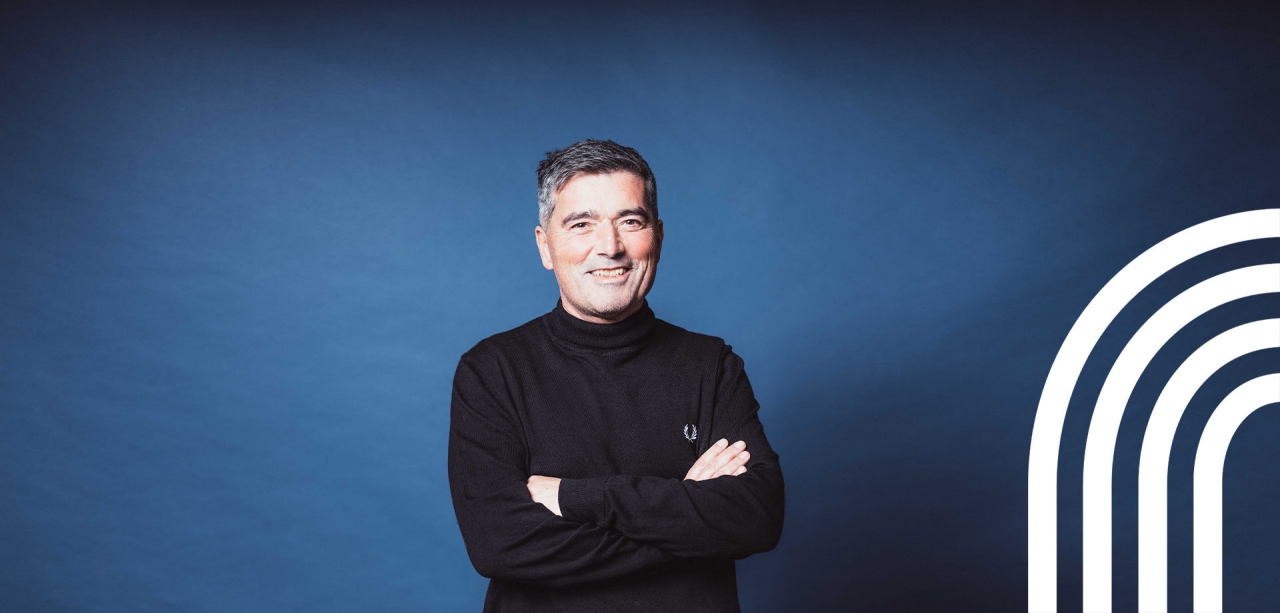Silver Society

Silver Society: Experience is Gold
Utilising the potential of the 55-plus generation for HR marketing: facts, challenges and opportunities.
Nearly every sector is now facing a shortage of young and skilled workers. Over the next three years, as the last of the baby boomer generation retires, the situation is expected to get even worse. Already, for every 100 people in Germany about to retire in the next three to five years, only 82 young people are preparing to enter the workforce. In fact, for every 100 people aged 55 to 59 in Germany, there are only 59 people aged 15 to 19.
As a consequence, the labour market is ultimately becoming a candidate market. In HR marketing, major efforts are underway to attract young people. Based on the stats, however, this will hardly be enough to fill all the vacancies. So what can be done? One solution is to focus more on older people. This means approaching demographic change as an opportunity rather than a problem.
The "Silver Society" megatrend
According to the “Zukunftsinstitut” (“Future Institute”), "Silver Society" is one of the megatrends of our time. It represents a fundamental change in the age structure of our society. The 55-plus generation is the fastest-growing demographic in Germany. By 2050, the number of people over 60 worldwide will increase from 600 million to two billion. By 2060, more than 40 percent of the German population will be over 65 years old. But what characterises the "Silver Society", and what opportunities does this present for HR marketing?
In recent years, advertising has already begun presenting us with positive images of old age. The "new old" are increasingly being portrayed as autonomous, consumerist and keen to travel and have long since found their place in marketing strategies as "best agers", "young olds" or "silverpreneurs". It only stands to reason. After all, people over 50 hold more than 40% of all purchasing power.
Unrecognised potential of the 55-plus generation
The HR departments of many companies see the 55-plus generation differently. In its study "The Silver Society: opportunities and challenges for companies", the New Design University St. Pölten found that companies continue to be guided by a traditional image of old age. The common concern is that the 55-plus generation is no longer sufficiently capable, cannot keep up with the dynamic development of today's economy and does not have the necessary innovative know-how.
But this image is outdated. Today's 50 to 60-year-olds are not only healthier and more active than they were 50 years ago, they are also as mentally fit as 52-year-olds were ten years ago. In a sense, this means that today's 60-year-olds have only aged two years in the last decade.
And they also bring with them other qualities that can contribute to a company's success. According to the study "Experience pays off. Drawing on older employees' skills to create the basis for success" by the German Federal Ministry for Family Affairs, Senior Citizens, Women and Youth (“BMFSFJ"), older employees have "more experiential knowledge, a higher work ethic and discipline, greater quality awareness, increased reliability and excellent leadership skills. Furthermore, companies can actively benefit from the greater safety awareness, independence, sense of responsibility and social competence of older workers".
In addition, the BMFSFJ study uses case studies to show that mixed-age teams make more innovative and profitable decisions in the long run. The experience, professional know-how, strategic thinking and holistic understanding of older team members are drivers of innovation processes that should not be underestimated.
Age diversity as an opportunity
The "Silver Society" is therefore not only economically important as a consumer group but can also make an important contribution to solving the labour shortage. For this to happen, however, companies need to unlearn their traditional youth-focused approach and establish a new, positive image of aging. Future-proof employer branding therefore includes developing an age-friendly corporate culture based on appreciation and respect in order to promote diversity throughout the company and minimise stereotyping and discrimination. This will ensure that older employees are not seen as a burden but rather as a valuable resource for addressing demographic change, enabling companies to tap into the potential of the 55-plus generation.
Author: Detlef Arnold, Employer Branding Expert and Partner at Saint Elmo's Hamburg